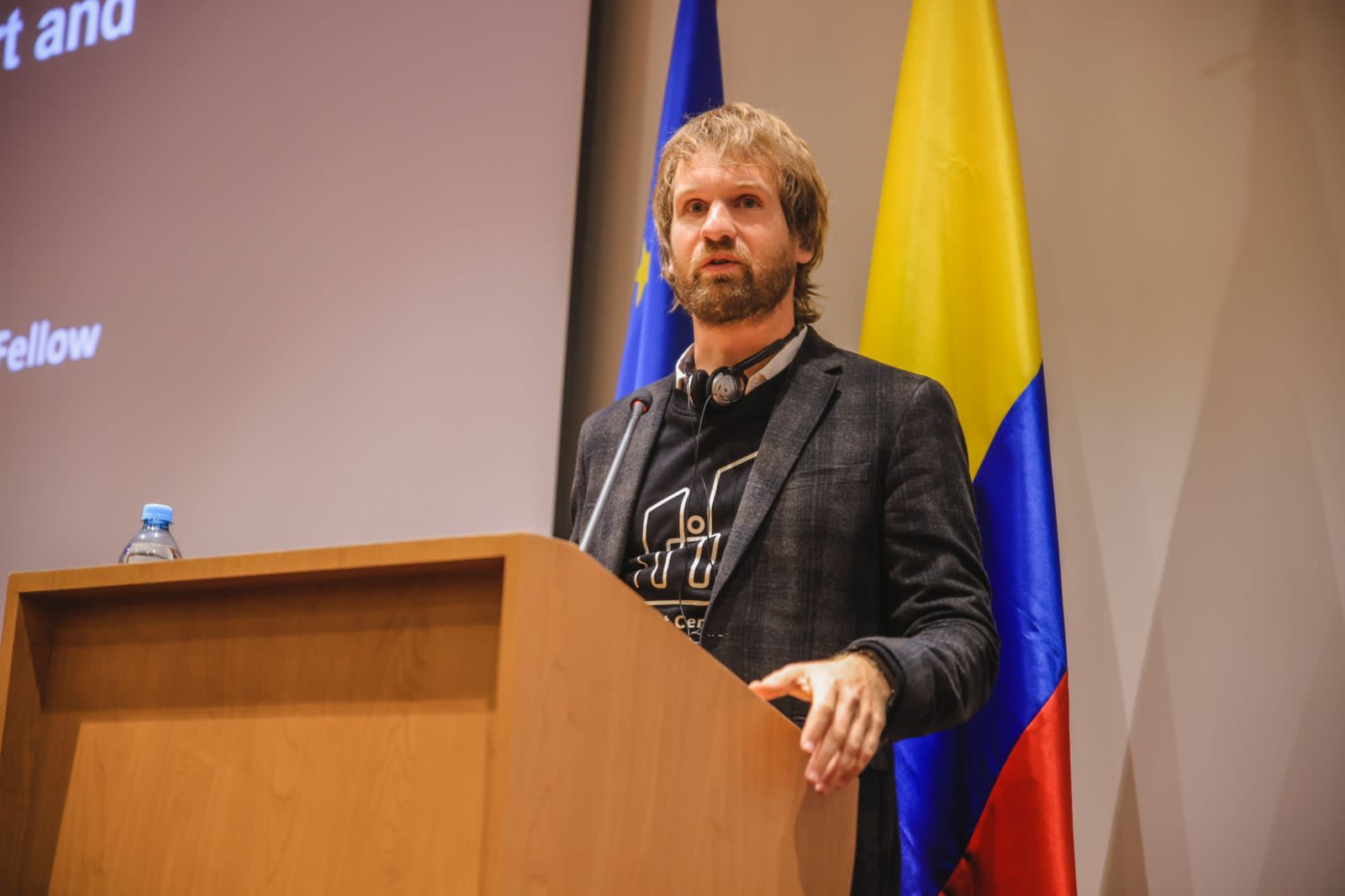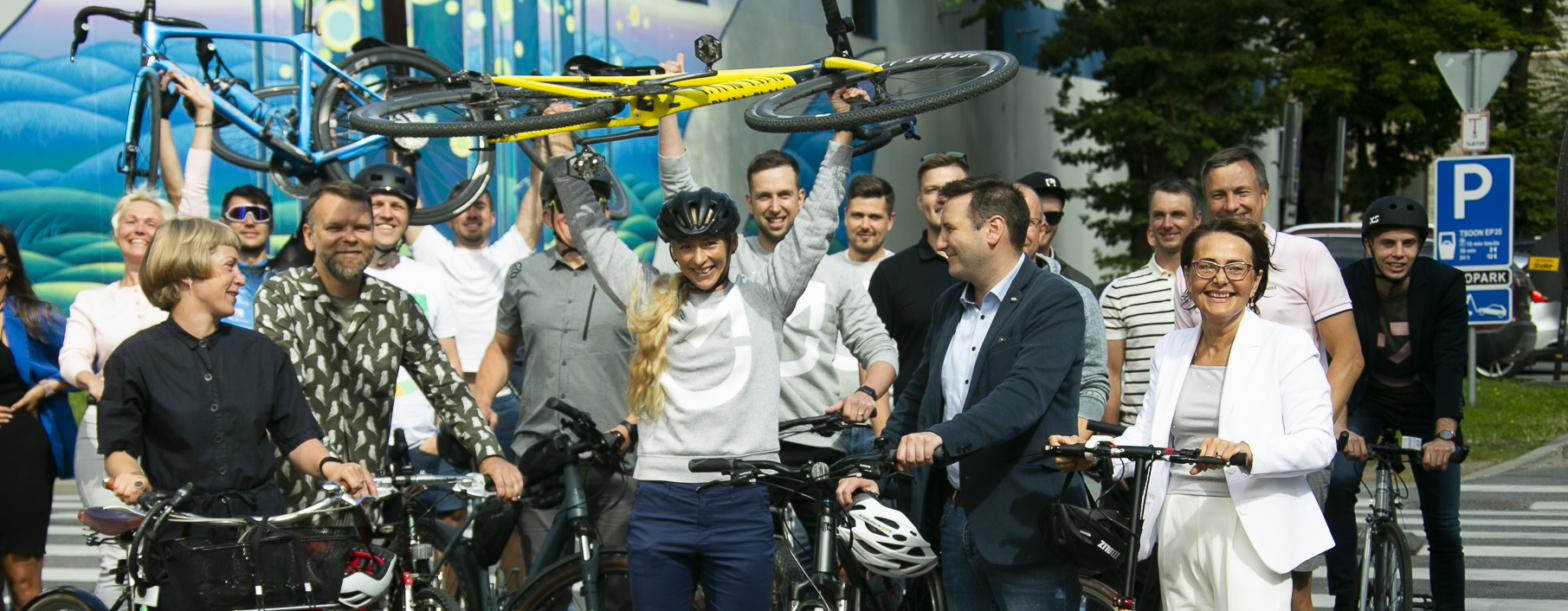Ralf-Martin Soe, Smart City scientist

Smart City researcher and expert in Digital Governance for more than ten years, Ralf-Martin Soe is also the founder of the Finest Centre for Smart Cities, based in Tallinn. He is a former Assistant Professor at the University of Technology in Tallinn and he is currently a Global Digital Governance fellow at Stanford University.
Ralf-Martin started his career with a master’s and PhD’s degree in Digital Governance in cities while studying in Maastricht before moving to Tallinn at the Institute of Technology. As he mentioned to us, Digital Governance is a renowned topic in Estonia and the country itself can be considered as exemplary in this field.
Ralf-Martin did not only research the topic, but also decided to work in the field, to understand more about the various challenges and to have a concrete idea of how things work. He got enrolled in an NGO focusing on Digital Society and Governance, which led him even further in the research on smart cities. He sees a strong potential in this topic.
What is the FinEst Centre for Smart Cities?
The FinEst Centre for Smart Cities is an international and interdisciplinary research and development centre, result of a joint initiative between Estonia (Tallinn University of Technology) and Finland (Aalto University). Since 2020, the centre proposes initiatives at the international level and is working closely with the European Commission on various projects.
With more than 30 employees (among whom researchers, phD students, etc.) the centre is carrying projects all over the world, in a hybrid environment. Ralf-Martin told us that “very few people are based in Tallinn, most of our team comes from different places across the globe”. Its main activities are to create pilots to test solutions and initiatives at city level.
The core principles of the Centre are to improve the citizens’ quality of life in urban areas bringing strong and effective cooperation at various levels in the process. City leaders, researchers, scientists, citizens, business managers, and engineers are brought together to create the better version of smart cities.
The projects carried out here are organised around 5 main topics: Energy, Mobility, Environment, Data and Governance. The focus is then given to:
- Basic Research: understanding better the various principles of smart cities.
- Investment: programming pilots (most of them launched in Estonia) to undertake concrete tests before investment
According to our smart city expert, cities should work more often in close collaboration with private companies and research centres, to put in place efficient pilot projects, replying to specific city challenges.
Like this, we can all try what works or not and we can find the best and most efficient solutions in urban areas and at the level of the city itself. Every pilot has its own concept and after its implementation, the concept can be brought to a wider and a global level.
